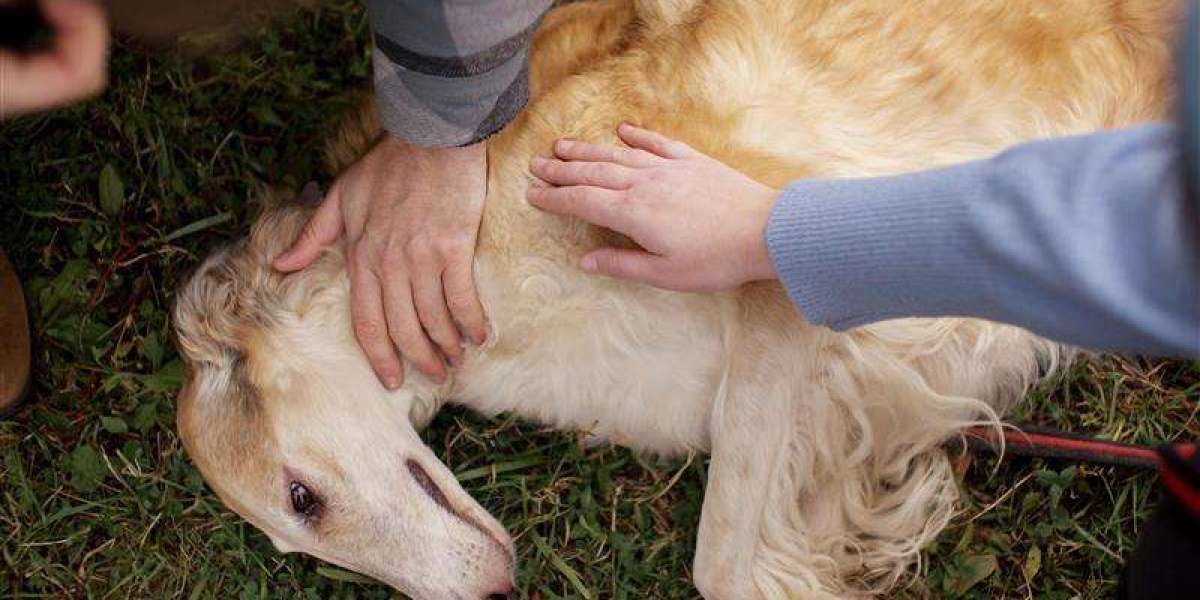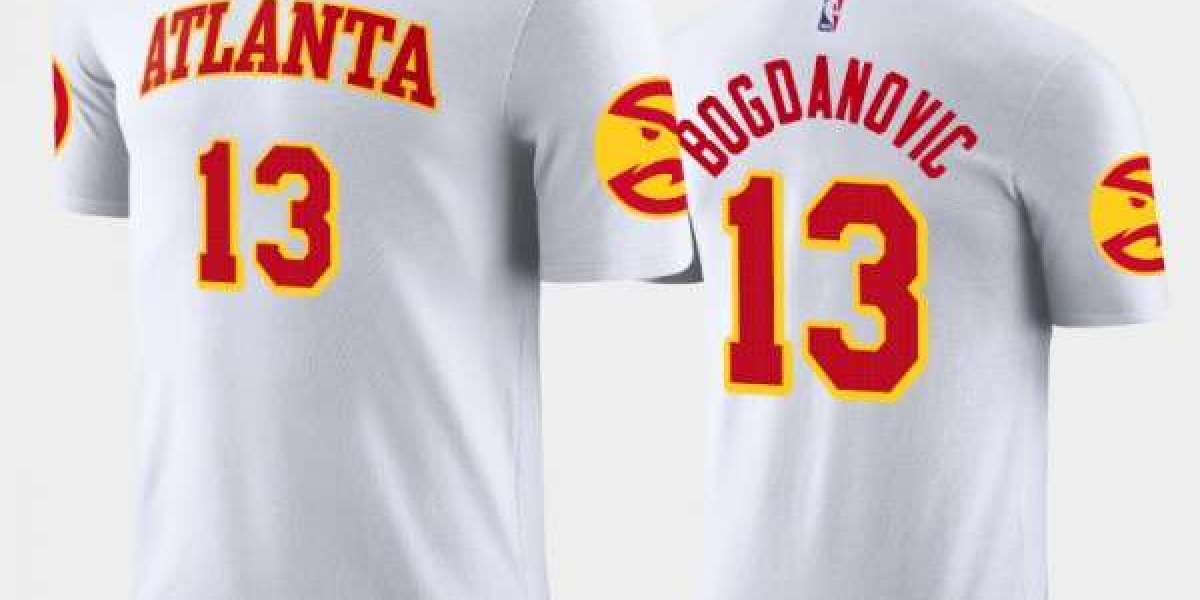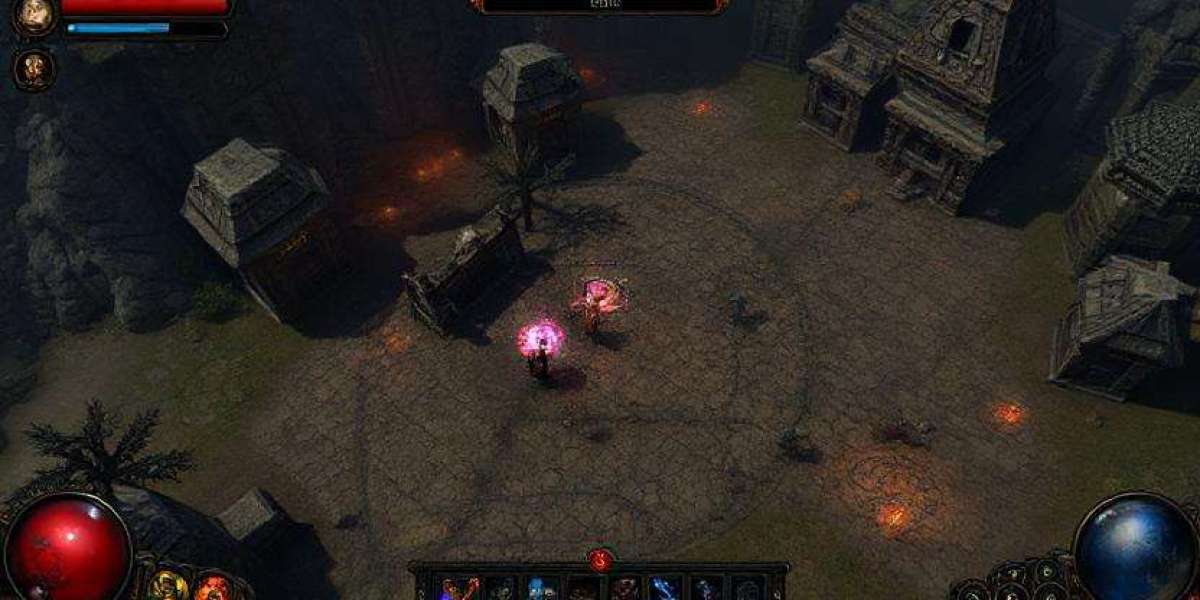Just like humans, pets need a balanced diet to live a long, healthy, and happy life. The right nutrition supports strong bones, shiny coats, healthy digestion, and a robust immune system. However, with so many commercial pet food options available, it can be confusing for pet owners to know what’s truly best. At Kainer Veterinary Hospital, we’re here to help you understand the essentials of proper pet nutrition and how to make informed choices for your furry friend’s wellbeing.
Why proper nutrition matters
Your pet’s diet directly impacts their health, energy levels, and longevity. A well-balanced diet provides all the essential nutrients — proteins, fats, carbohydrates, vitamins, and minerals — in the right proportions. When pets don’t receive adequate nutrition, they can experience issues like poor coat quality, obesity, joint problems, dental disease, or weakened immunity. Feeding your pet the right food helps prevent many common health problems before they start.
Understanding your pet’s nutritional needs
Each pet is unique, and their nutritional needs vary depending on factors such as age, breed, size, activity level, and health condition. Puppies and kittens require nutrient-dense food to support rapid growth, while adult pets need maintenance diets that balance energy with nutrients. Senior pets benefit from specialized diets that support joint health and manage age-related conditions.
- Puppies and kittens: High-protein diets for growth, brain development, and immune support.
- Adult dogs and cats: Balanced nutrition for maintaining energy and ideal body weight.
- Senior pets: Low-calorie, high-fiber diets with joint and heart support.
- Pregnant or lactating pets: Diets rich in calories and nutrients to support mother and offspring.
Key components of a healthy pet diet
Let’s take a closer look at what makes a complete and balanced diet for your pet:
- Protein: The building block for muscles, skin, and coat. Pets are carnivores by nature, so high-quality animal protein (like chicken, beef, or fish) is vital.
- Fats: Provide energy and help absorb fat-soluble vitamins. Omega-3 and omega-6 fatty acids keep your pet’s skin and coat healthy.
- Carbohydrates: Supply energy and support digestion. Sources like rice, oats, or sweet potatoes are easily digestible for most pets.
- Vitamins and minerals: Essential for strong bones, healthy nerves, and a functioning immune system.
- Water: Often overlooked, but critical for every body function. Always ensure your pet has access to fresh, clean water.
Choosing the right type of food
Pet food comes in various forms, and each has its own advantages. The best choice depends on your pet’s preferences, health needs, and your veterinarian’s recommendations.
- Dry food (kibble): Convenient, cost-effective, and good for dental health. Look for high-quality ingredients and avoid fillers like corn or by-products.
- Wet food (canned): Contains more moisture, making it ideal for pets that need extra hydration or have dental problems.
- Fresh or raw diets: Offer whole-food nutrition but require proper handling and veterinary guidance to ensure safety.
- Prescription diets: Specially formulated for pets with specific health issues like kidney disease, allergies, or weight problems.
Common feeding mistakes to avoid
Even well-meaning pet owners can make feeding mistakes that affect their pet’s health. Here are some common ones to watch out for:
- Feeding human food too often — many foods safe for humans (like onions, chocolate, grapes, or xylitol) are toxic to pets.
- Overfeeding or free-feeding — can lead to obesity, which is one of the most common health problems in pets.
- Ignoring portion sizes — always follow feeding guidelines on the package or as recommended by your vet.
- Not transitioning between diets gradually — sudden changes can cause digestive upset.
- Skipping regular feeding times — consistency helps digestion and prevents overeating.
Signs your pet may have a nutritional deficiency
Pay attention to your pet’s behavior and physical condition. Nutritional deficiencies can manifest in several ways:
- Dull or flaky coat
- Low energy or fatigue
- Weight loss or gain
- Poor appetite
- Digestive problems (vomiting, diarrhea, constipation)
- Slow wound healing
If you notice any of these signs, schedule a veterinary visit to evaluate your pet’s diet and overall health.
Importance of portion control and feeding schedules
How you feed your pet matters as much as what you feed them. Portion control prevents overeating and maintains a healthy weight. Most pets do best on two measured meals per day. Avoid leaving food out all day unless your veterinarian advises otherwise. Treats should make up no more than 10% of your pet’s daily calories.
Special diets for health conditions
Some pets have medical conditions that require specific diets. These therapeutic diets can help manage issues like:
- Allergies: Limited-ingredient or hydrolyzed protein diets reduce allergic reactions.
- Kidney disease: Diets low in protein, phosphorus, and sodium support kidney function.
- Diabetes: High-protein, low-carbohydrate diets help regulate blood sugar levels.
- Obesity: Calorie-controlled diets with added fiber promote weight loss safely.
Always consult your veterinarian before switching to a specialized diet to ensure it meets your pet’s unique needs.
Feeding for life stages
As your pet ages, their nutritional needs change. Regular checkups at Kainer Veterinary Hospital ensure your pet’s diet evolves with them:
- Puppy/kitten stage: Frequent, high-calorie meals for growth.
- Adult stage: Balanced diet for maintenance and muscle health.
- Senior stage: Adjusted calorie intake with supplements for joints, heart, and digestion.
How Kainer Veterinary Hospital can help
At Kainer Veterinary Hospital, we offer personalized nutrition consultations to help you choose the right diet for your pet. Our veterinary team can recommend high-quality commercial foods, special diets for health conditions, and safe portion plans to ensure your pet stays at an ideal weight. We also provide guidance on reading food labels and identifying ingredients to avoid.
Keeping your pet healthy through proper nutrition
Good nutrition is the foundation of your pet’s health. A balanced diet supports growth, maintains energy, strengthens immunity, and enhances overall quality of life. By working with your veterinarian to develop a nutrition plan tailored to your pet’s needs, you’re ensuring they have the best chance at a long and happy life.
Ready to give your pet the best start? Schedule a nutrition consultation with Kainer Veterinary Hospital today. Together, we’ll create a feeding plan that keeps your pet healthy, active, and full of life.








